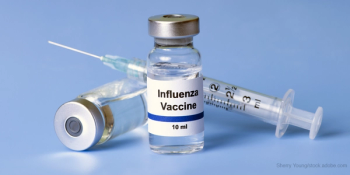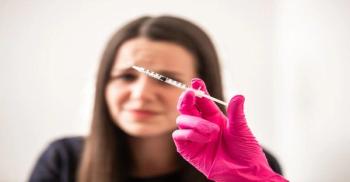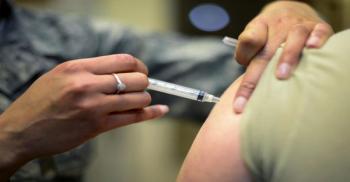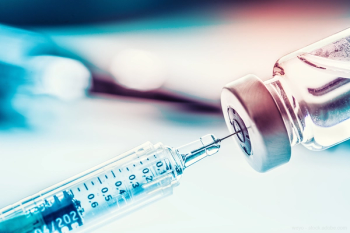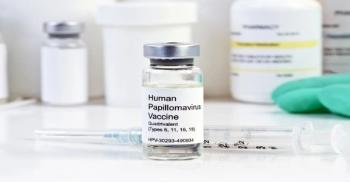
New HIV vaccine moves to phase 2 clinical trial in humans
One of only four other HIV vaccines ever tested in human, the new “Mosaic” vaccine shows promise and is planned for be trialed by more than 2,500 high-risk women in the coming years.
There have been numerous trials for HIV vaccines, but a new study shows that one such vaccine under investigation resulted in a robust immune response in healthy adults. The next step is to test the vaccine in 2,600 high-risk women in Southern Africa.
The study results, published in
Called the “Mosaic vaccine,” it is one of only four HIV vaccines ever tested in human subjects.
While promising, the vaccine still must be approached with cautious optimism until more studies are completed, said lead researcher Dan H. Barouch, MD, PhD, of the Center for Virology and Vaccine Research, Beth Israel Deaconess Medical Center, and Harvard Medical School. The vaccine provided 67 percent protection against the HIV virus in monkeys, and elicited Env-specific binding antibody responses in 100 percent of human subjects, antibody-dependent cellular phagocytosis responses in 80 percent of human participants by week 52, and T-cell responses at 83 percent of human subjects by week 50.
“Based on these data, the mosaic Ad26/Env HIV-1 vaccine has been advanced into a phase 2b clinical efficacy study to determine whether this vaccine will prevent HIV infection in humans in southern Africa,” Barouch said. “This is only the fifth HIV vaccine concept that will be tested for efficacy in humans in the 35-plus year history of the global HIV epidemic.”
Barouch said results of the next phase of research on the Mosaic vaccine are expect by 2021 to 2022.
In a research letter, also published in The Lancet, Barouch cautions against being too hopeful about the vaccine until the number of trials are increased.
“One lesson from [previous] trials is that the time and resources needed to bring a vaccine candidate into efficacy trials are substantial. However, only such clinical efficacy trials can establish if a vaccine candidate protects humans,” Barouch wrote. “We need to increase the number of efficacy trials to test a broad range of ideas for vaccines if we are to achieve the ultimate objective of developing an HIV vaccine and ending the HIV pandemic.”
Newsletter
Stay informed and empowered with Medical Economics enewsletter, delivering expert insights, financial strategies, practice management tips and technology trends — tailored for today’s physicians.

